Editor's note: Marc J. Randazza is a Las Vegas-based First Amendment attorney and is the managing partner of the Randazza Legal Group. He is licensed to practice in Arizona, California, Florida, Massachusetts and Nevada. The opinions expressed in this commentary are solely those of the author.
(CNN) -- This past week, my inbox blew up with e-mails asking whether Donald Sterling's First Amendment rights were violated in the uproar over the Los Angeles Clippers owner's racist remarks about black people. After all, he was simply expressing his views, however unpopular.
While he did have some rights violated, his First Amendment rights remain intact.
The First Amendment protects you from the government punishing you because of your speech. The NBA is a private club, and it can discipline Sterling all it wants.
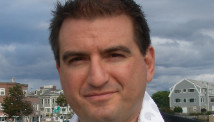 Marc J. Randazza
Marc J. Randazza What about the chorus of criticism? Are we all violating his First Amendment rights by criticizing him? We are punishing him for his speech.
Nope. The First Amendment does not insulate you from criticism. In fact, that's the First Amendment in action. That is how the marketplace of ideas works. We float our ideas in the marketplace, and we see which idea sells.
Most everyone would agree that Sterling's ideas fail in the marketplace of ideas. Nevertheless, I reluctantly stand on Sterling's side today. What happened to him may have been illegal and was morally wrong.
Start with illegal. In California, you can't record a conversation without the knowledge or consent of both parties. The recording featuring Sterling and V. Stiviano may be the result of a crime. Once she gathered this information, someone leaked it (she denies it was her) -- and it went viral. This is where I think things went morally wrong.
We all say things in private that we might not say in public. Sometimes we have ideas that are not fully developed -- we try them out with our closest friends. Consider it our test-marketplace of ideas. As our ideas develop, we consider whether to make them public. Should we not all have the freedom to make that choice on our own?
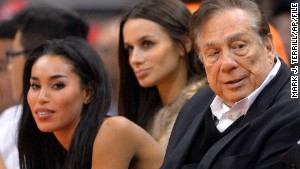 Crisis guru on NBA racism controversy
Crisis guru on NBA racism controversy 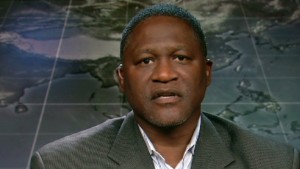 Ex-NBA star: No room in sport for bigotry
Ex-NBA star: No room in sport for bigotry 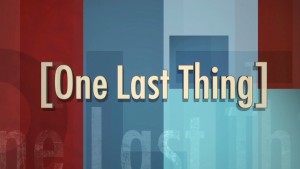 Bigotry a symptom of generational divide?
Bigotry a symptom of generational divide? The Nevada rancher Cliven Bundy made his own stupid and bigoted statements, and he's been nationally pilloried, too -- but he chose to make those statements to the world. He deserves every ounce of obloquy heaped upon him.
But does Sterling? Think about what his public character execution means. It means that we now live in a world where if you have any views that are unpopular, you now not only need to fear saying them in public, but you need to fear saying them at all -- even to your intimate friends. They might be recording you, and then that recording may be spread across the Internet for everyone to hear.
Isn't it bad enough that the National Security Agency can spy on all of us? How can we complain when we condone giving our closest friends the ability to do worse -- perhaps just to try and destroy us.
In the novel "1984," George Orwell wrote of the Telescreen, a device that beamed information into the home but that also spied on people constantly. Even if we were to stop the NSA in its tracks, would we still now live in a world where the Telescreen watches us? Only instead of an oppressive government installing it in our apartments, it is conveniently placed in the hands of our dear friends.
The Sterling story is not that we found a bigot and dragged him to the gallows in the middle of the marketplace of ideas. The Sterling story is about how there is no more privacy. We live in a world where you can share your intimate photos with your lover, and they will wind up on a "revenge porn" website.
We live in a world where our intimate conversations will be recorded and blasted to billions of listeners. We live in a world where, say a gold digger can spy on her sugar daddy, and the world says that the creepy old guy is the bad guy.
Don't get me wrong. Sterling does seem to be a bad person. But sometimes the bad person is also the victim, and he stands in for us. As you applaud Stiviano for bringing the racist old man's views to light, consider if it were you speaking to a woman friend in what you thought was a private conversation.
Do we now live in a world where we can trust nobody? Where there is no privacy?
In this story, there are two villains. Sterling represents the bad old days. But Stiviano's behavior represents the horrifying future. Shouldn't we condemn the complete breakdown of privacy and trust at least as loudly as we condemn some old man's racist blathering?
Follow us on Twitter @CNNOpinion.
Join us on Facebook.com/CNNOpinion.
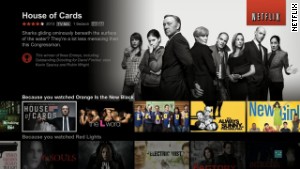 Court ruling might make Netflix cost more
Court ruling might make Netflix cost more 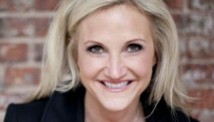 Mel Robbins
Mel Robbins 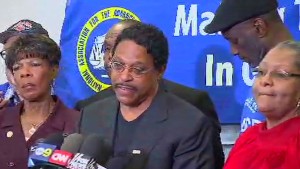 NAACP: Don Sterling must pay a price
NAACP: Don Sterling must pay a price 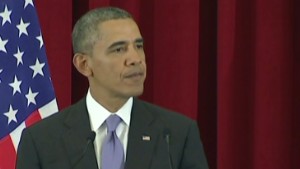 Obama dismisses 'ignorant folks' on race
Obama dismisses 'ignorant folks' on race  SET EDITION: U.S. INTERNATIONAL MÉXICO ARABIC TV: CNN CNNi CNN en Español HLN Sign up Log in Home TV & Video CNN Trends U.S. World Politics Justice Entertainment Tech Health Living Travel Opinion iReport Money
SET EDITION: U.S. INTERNATIONAL MÉXICO ARABIC TV: CNN CNNi CNN en Español HLN Sign up Log in Home TV & Video CNN Trends U.S. World Politics Justice Entertainment Tech Health Living Travel Opinion iReport Money LZ Granderson
LZ Granderson 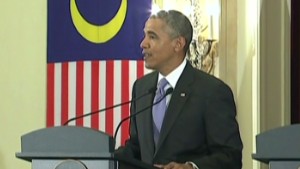 Obama on NBA owner's alleged comments
Obama on NBA owner's alleged comments 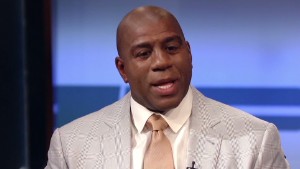 'Magic' Johnson responds to racist rant
'Magic' Johnson responds to racist rant 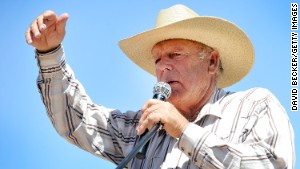 Cliven Bundy defends comments on race
Cliven Bundy defends comments on race 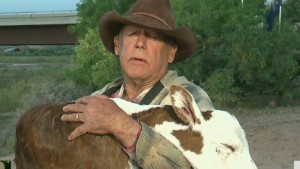 Bundy: I want what MLK wants
Bundy: I want what MLK wants 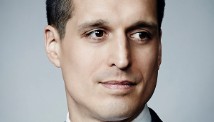 Danny Cevallos
Danny Cevallos  Bourdain visits Daniel Boulud's farm
Bourdain visits Daniel Boulud's farm  Bourdain: Marshland in the morning mist
Bourdain: Marshland in the morning mist 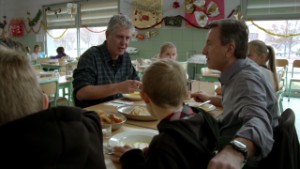 Tony breaks bread with second graders
Tony breaks bread with second graders 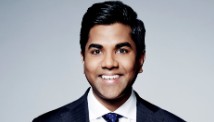 Ravi Agrawal
Ravi Agrawal 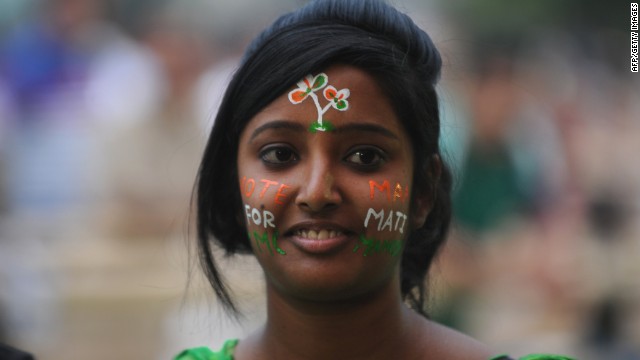 Inflation key factor for India elections
Inflation key factor for India elections  'Indian Spider-Man' campaigns for office
'Indian Spider-Man' campaigns for office 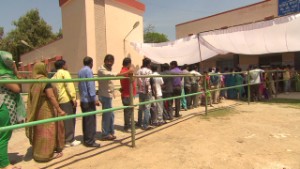 Millions of voters head to polls in India
Millions of voters head to polls in India